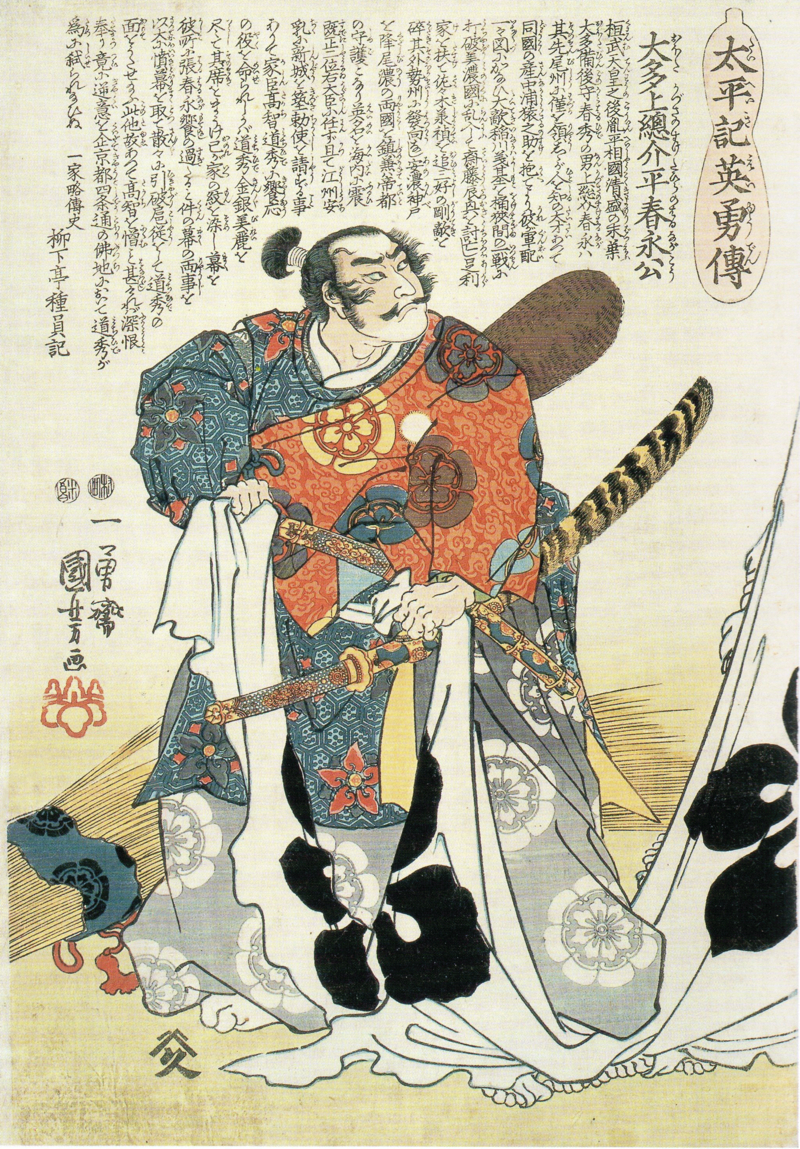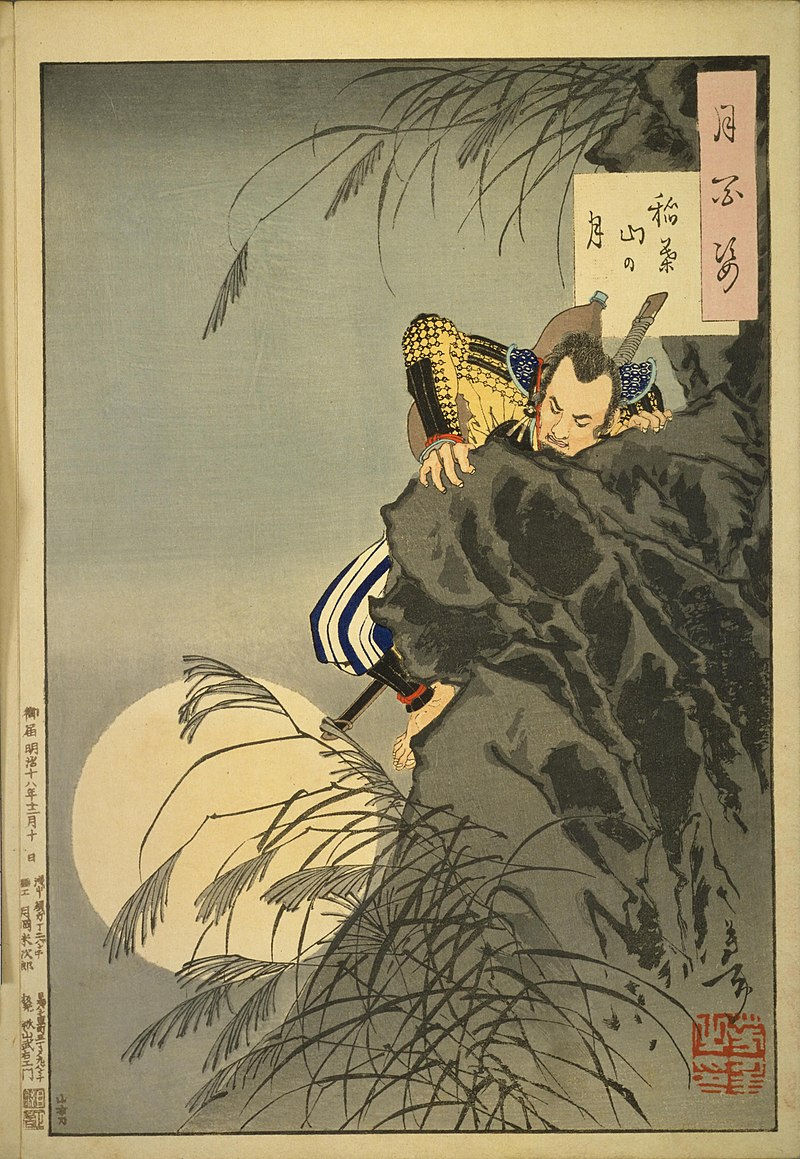Oda Nobunaga
- 2304583d
- Aug 4, 2024
- 2 min read

Oda Nobunaga (織田信長) (1534–1582) was a prominent Japanese daimyo (feudal lord) and military leader during the Sengoku period, a time of significant political fragmentation and conflict in Japan. He is best known for his role in initiating the process of unifying Japan under a centralized government.
Early Life and Background
Birth and Family: Oda Nobunaga was born on June 23, 1534, as the son of Oda Nobuhide, the head of the Oda clan which ruled over a large portion of Owari Province. He was initially known for his unconventional behavior and was referred to derisively as "Oda the Fool" or the "Fool of Owari" by some, but he would soon receive an opportunity to demonstrate his strategic acumen and leadership abilities.
Rise to Power: After his father’s death in 1551, Nobunaga became head of the Oda clan. He faced significant internal challenges within his own clan such as a plot against him by his own brother, and external threats from competing Daimyo, but Nobunaga managed to consolidate power through a combination of military prowess, strategic alliances, and political maneuvering.
Military and Political Achievements
Unification Efforts: Nobunaga played a key role in the process of unifying Japan, which had been fragmented into warring states. He aimed to centralize power and reduce the influence of rival warlords and religious sects.
Notable Battles:
Battle of Okehazama (1560): Nobunaga achieved a decisive victory against the much larger force of Imagawa Yoshimoto. This victory was a turning point for Nobunaga, establishing him as a significant power in central Japan.
Battle of Nagashino (1575): Nobunaga used innovative tactics, including the effective use of firearms, to defeat the Takeda clan’s cavalry forces, demonstrating his military genius.
Political Reforms: Nobunaga implemented several reforms to strengthen and stabilize his rule. He promoted economic development, modernized military tactics, and sought to reduce the power of the traditional samurai class and religious institutions.
Cultural Impact: Nobunaga was a patron of the arts and played a role in the promotion of tea ceremonies and Noh theater. He also encouraged trade and interaction with foreign powers, including Portuguese traders and missionaries.
End and Legacy
Death: Oda Nobunaga’s quest for power was cut short when he was betrayed by one of his own generals, Akechi Mitsuhide. In 1582, Mitsuhide led a coup against Nobunaga, resulting in Nobunaga’s death at Honno-ji Temple in Kyoto. The incident, known as the "Honno-ji Incident," was a dramatic end to his life and ambitions.
Legacy: Nobunaga’s efforts to unify Japan laid the groundwork for the eventual unification of the country under the Tokugawa shogunate. His successors, Toyotomi Hideyoshi and Tokugawa Ieyasu, continued his work, achieving the unification and stabilization of Japan.
Strategic Innovations: Nobunaga is remembered for his military innovations, particularly his use of firearms and new tactics.
Cultural and Political Influence: His impact on Japanese culture and politics was significant, and he is often depicted as a visionary and formidable leader in Japanese history. His life and achievements are celebrated in various forms of literature, film, and popular culture.
Oda Nobunaga remains a pivotal figure in Japanese history, known for his ambition, strategic acumen, and contributions to the unification of Japan.





Comments